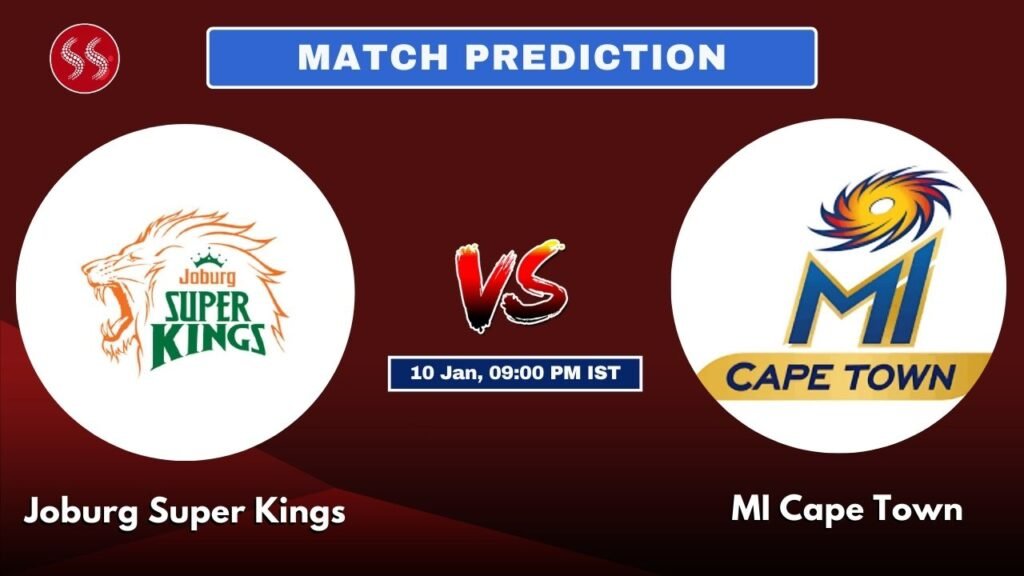Indian Premier League (IPL), team building is as much an art as it is a science. While the players take centre stage on the field, the real battle often begins months earlier—in the auction room. With millions of rupees at stake, franchise owners, coaches, and analysts spend weeks crunching data, scouting talent, and crafting elaborate strategies to build the perfect squad. But as history has shown time and again, even the most well-funded and well-researched plans can go spectacularly wrong.
When auction strategies backfire, the consequences are immediate and severe: disjointed squads, lack of depth, mid-season panic buys, and ultimately, poor on-field results. These missteps also have long-term implications, forcing franchises into a cycle of constant rebuilding.
In this blog, we take a deep dive into five such instances where a team’s auction strategy completely backfired—be it due to overinvestment in reputation, neglect of Indian talent, poor squad balance, or lack of foresight. These cautionary tales are not just reminders of past mistakes but also valuable lessons for future auctions.
5. Delhi Daredevils (2014)

What went wrong:
In 2014, Delhi released all of their players, including the likes of David Warner and Virender Sehwag, in an attempt to start fresh. They then splurged ₹12.5 crore on Kevin Pietersen, who was made captain despite being injury-prone and semi-retired from international cricket.
Key Mistake:
Letting go of experienced Indian and overseas players without a plan for suitable replacements. The rebuilding attempt turned into a disaster.
Impact:
Delhi finished 8th that year, with Pietersen missing several games and the team lacking both stability and a clear game plan.
4. Sunrisers Hyderabad (2023)

What went wrong:
Sunrisers Hyderabad entered the 2023 auction with a huge purse after releasing Kane Williamson. They bought Harry Brook for a whopping ₹13.25 crore and Mayank Agarwal for ₹8.25 crore. However, they had no clarity on leadership, team composition, or batting roles.
Key Mistake:
Investing in reputation rather than recent form. Brook struggled on Indian pitches, and the team kept chopping and changing, failing to back a solid top 4.
Impact:
SRH finished 10th, at the bottom of the table. Their poor auction strategy gave them a disjointed squad with no clear match-winners in Indian conditions.
3. Punjab Kings (2020)

What went wrong:
Punjab Kings shelled out a massive ₹10.75 crore for Glenn Maxwell in the 2020 auction, expecting him to be the X-factor finisher. Unfortunately, Maxwell had a horror season, scoring just 108 runs in 13 matches with a strike rate below 102 and not a single six to his name.
Key Mistake:
Overestimating Maxwell’s consistency and not investing enough in Indian middle-order batters. The pressure on their top order (Rahul and Mayank) was immense.
Impact:
Despite having strong individual performers, Punjab lost several close matches and ended 6th. Maxwell’s failure was a glaring hole in their auction strategy.
2. Kolkata Knight Riders (2022)

What went wrong:
After releasing several key players ahead of the 2022 mega auction—including Shubman Gill and Rahul Tripathi—KKR went all-in for big names like Shreyas Iyer (₹12.25 Cr), Pat Cummins (₹7.25 Cr), and retained injury-prone Andre Russell and Sunil Narine.
Key Mistake:
They tried to rebuild a core from scratch while also overspending on overseas stars. The result was a patchy squad with too many hit-or-miss players and no stable opening combination.
Impact:
KKR finished 7th in 2022. Their team lacked synergy, and frequent changes to the playing XI reflected poor planning.
1. Royal Challengers Bangalore (2018)

What went wrong:
RCB walked into the 2018 mega auction with a clear strategy: buy big names. They spent heavily on AB de Villiers, Virat Kohli, and brought back Yuzvendra Chahal using the RTM (Right to Match) card. However, they completely ignored death bowling and settled for underwhelming pacers like Chris Woakes and Corey Anderson.
Key Mistake:
RCB spent too much on star batsmen and left very little for bowlers, particularly Indian seamers. The result? A top-heavy squad with no bench strength and an inconsistent lower order.
Impact:
RCB finished 6th in the 2018 season, unable to defend scores or restrict opposition teams during the slog overs.
Read more:

